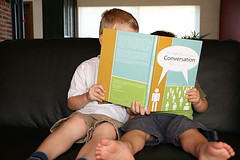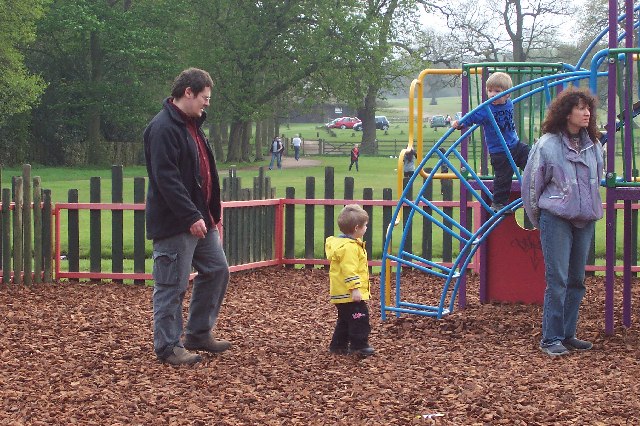People learn to either respond to or react to fears. When someone reacts to his fears, he generally expects something to go dreadfully wrong, and as a result may lash out at the people around him. The most common reaction to fear is anger. Because this reaction is typical, it is often accepted as being o.k. Anger isn’t inherently bad, but it is important to see it for what it is. Anger is a reaction to fear or hurt.
If someone only focuses on anger, rather than dealing with what is causing an angry reaction, a negative pattern is left unresolved. Only looking at symptoms doesn’t create real and lasting change.
In a routine physical, one of the first things the doctor does is the reflex test. The doctor takes the rubber mallet and gently raps the knee. The leg instinctively kicks out as a reaction to this strike. If the doctor is standing in front he may take a direct kick as a result of this reaction. How the reflexes respond gives the doctor some insight into a person’s overall condition. If something is wrong, the doctor will take the opportunity to see if there is a more serious problem.
When people hold onto a high level of fear, most of their perceptions are illogical; and they find it difficult to find people they can trust. In fact, they find people to be generally untrustworthy; therefore, they continue to attract people into their lives that reinforce this belief. They are on the whole unhappy and feel lonely. In order to be removed from this cycle of reaction:
- a person must recognize that living in a constant state of fearful neurosis perpetuates loneliness
- it is vital to realize anger hinders the ability to connect with anything positive. This includes people, places, and joyful experiences
- there must be a desire to create a more positive outlook

It is possible to develop positive techniques to deal with anger. It begins with a sincere desire to change. When someone decides to make this transition the first steps toward a solution have already been made.
Photo Credit:Svadilfari via: Flickr


